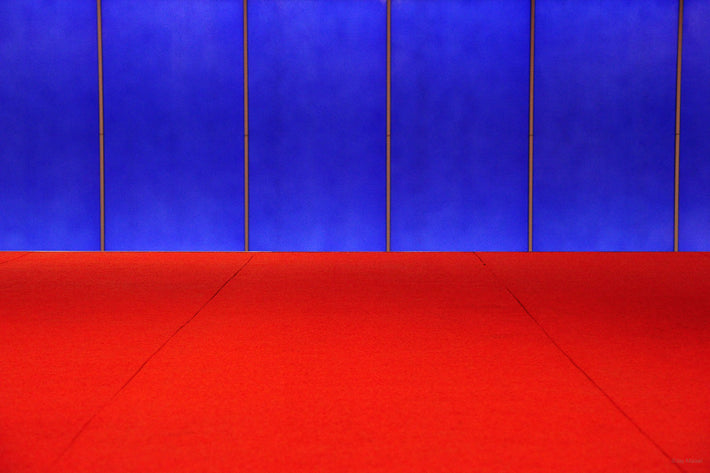
From the Abstract II collection
(Intro from Abstract I )
I got so fed up trying to find a perfect definition for “abstract” that I called John Paul Caponigro and asked his advice. He said, “Jay, what you should do is explain what abstract means to you.” Of course, he was right. Thanks J.P.
Obviously, abstract for me has nothing to do with any scientific, literary definition. I am only concerned with its application to the visual arts.
One of the dictionary definitions is: to take something from something else.
Abstract refers to the use of a tangible, physical phenomenon as a starting point. From there on anything goes and you may or may not be able to locate the original that motivated the artist.
The following painters have been described as abstract painters: Franz Kline, Piet Mondrian, Jackson Pollock, Mark Rothko, among many others.
They are not abstract painters.
I’m not just splitting hairs or dealing with semantics. Those named above are working out of their inner voices and do not rely on the physical world for their inspiration. Coincidentally, they love paint and painting itself.
There are abstract painters, such as Cezanne, Van Gogh,Stuart Davis, and Willem de Kooning, to name a few.
I find that there are times when I’m shooting that I have arrived at an image that is not at all about the subject that I started with. It’s triggered me to take a less narrative and more graphic image.
At one point while I was working on this intro Jeff asked me, “Why are you so concerned about this one?” I had been asking myself the same question and realized that it had become important for me to analyze abstraction for my own personal satisfaction, and once I got that done, conveying it to you was both joyous and obligatory.
I don’t think photographers, with rare exception, make non-objective images. Perhaps it’s naïve of me, but I think photographers intend, to a great degree, to describe the world around them.
PS — If it helps, Abstracts can be compared to riffs in jazz.
Abstract No 57
From the Abstract II collection
(Intro from Abstract I )
I got so fed up trying to find a perfect definition for “abstract” that I called John Paul Caponigro and asked his advice. He said, “Jay, what you should do is explain what abstract means to you.” Of course, he was right. Thanks J.P.
Obviously, abstract for me has nothing to do with any scientific, literary definition. I am only concerned with its application to the visual arts.
One of the dictionary definitions is: to take something from something else.
Abstract refers to the use of a tangible, physical phenomenon as a starting point. From there on anything goes and you may or may not be able to locate the original that motivated the artist.
The following painters have been described as abstract painters: Franz Kline, Piet Mondrian, Jackson Pollock, Mark Rothko, among many others.
They are not abstract painters.
I’m not just splitting hairs or dealing with semantics. Those named above are working out of their inner voices and do not rely on the physical world for their inspiration. Coincidentally, they love paint and painting itself.
There are abstract painters, such as Cezanne, Van Gogh,Stuart Davis, and Willem de Kooning, to name a few.
I find that there are times when I’m shooting that I have arrived at an image that is not at all about the subject that I started with. It’s triggered me to take a less narrative and more graphic image.
At one point while I was working on this intro Jeff asked me, “Why are you so concerned about this one?” I had been asking myself the same question and realized that it had become important for me to analyze abstraction for my own personal satisfaction, and once I got that done, conveying it to you was both joyous and obligatory.
I don’t think photographers, with rare exception, make non-objective images. Perhaps it’s naïve of me, but I think photographers intend, to a great degree, to describe the world around them.
PS — If it helps, Abstracts can be compared to riffs in jazz.